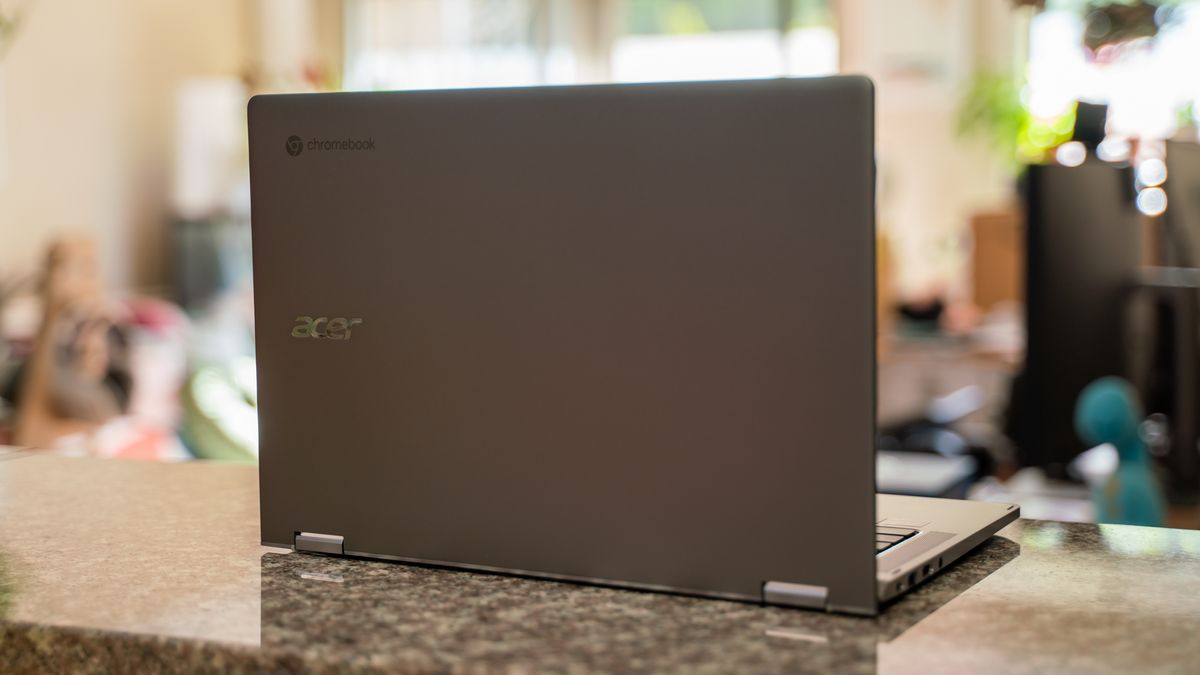Title: The Ultimate Showdown: Chromebook vs. Windows Laptop – Which One Should You Choose?
Introduction:
In the ongoing debate between Chromebooks and Windows laptops, it’s crucial to understand the unique qualities of each device to make an informed decision. With the longevity of a notebook and its impact on day-to-day experiences, we delve into the strengths of both, helping consumers discover the ideal device for their needs. While Windows laptops offer a full operating system and enhanced capabilities, Chromebooks have their advantages as well, making them a preferred choice for specific users.
Affordability: A Chromebook’s Attractive Price Point
When it comes to affordability, Chromebooks often emerge as the winner. Unlike Windows laptops that require more powerful hardware to operate efficiently, Chromebooks boast an efficient ChromeOS that allows them to function seamlessly with less powerful internals. Consequently, Chromebooks are a budget-friendly option, proving their value for money, especially when your tasks predominantly revolve around the Chrome browser and lightweight apps available on the Chrome Web Store and Google Play Store. Additionally, for users seeking versatility, many 2-in-1 Chromebooks come at a much lower price point.
Battery Life: Chromebooks Go the Distance
While Chromebooks are no longer the unrivaled champions in terms of battery life, certain Windows laptops now provide extended usage hours. However, these laptops with long-lasting batteries often come with a hefty price tag. Conversely, Chromebooks shine in this department due to their power-efficient design, allowing users to enjoy 10 or more hours of usage without draining their bank accounts. Models like the Acer Chromebook Spin 714, Acer Chromebook Vero 514, or the Acer Chromebook Spin 714 provide exceptional battery life for a fraction of the cost.
Ease of Use: Chromebooks Triumph
For users seeking a hassle-free experience, Chromebooks offer a simple and user-friendly interface. Their ChromeOS resembles smartphone operating systems, making it familiar and easy to navigate for individuals familiar with web browsers and mobile apps. In contrast, Windows laptops, while user-friendly, often assume a certain level of familiarity with their layout and functionality, potentially overwhelming less tech-savvy users.
Seamless Transition: Chromebooks Simplify Device Switching
Switching between Windows laptops can be time-consuming, involving manual file transfers and software reinstallation. Chromebooks alleviate this burden by linking all files and apps to the user’s Google account, including cloud storage. Moving from one Chromebook to another is as simple as signing in to your Chrome account, conveniently eliminating the need for manual data transfers.
Enhanced Security: Chromebooks Lead the Pack
Windows laptops are notorious for their vulnerability to malware, pop-ups, and hacking attempts due to their widespread usage and frequent stability issues. On the other hand, Chromebooks prioritize security, providing built-in malware and virus protection. Moreover, ChromeOS utilizes virtual sandboxing, isolating each app and browser tab from the operating system, significantly reducing the risk of cyber threats. While Chromebooks aren’t entirely exempt from security flaws, their reputation for enhanced security makes them a popular choice for schools and individuals concerned about online safety.
Conclusion:
Choosing between a Chromebook and a Windows laptop relies on weighing the individual’s specific needs and preferences. While Windows laptops offer a wider range of software compatibility and capabilities, Chromebooks excel in affordability, battery life, user-friendliness, seamless device switching, and enhanced security. By considering these factors, consumers can make an informed decision and select the device that best suits their daily computing habits and requirements.

I have over 10 years of experience in the cryptocurrency industry and I have been on the list of the top authors on LinkedIn for the past 5 years.

